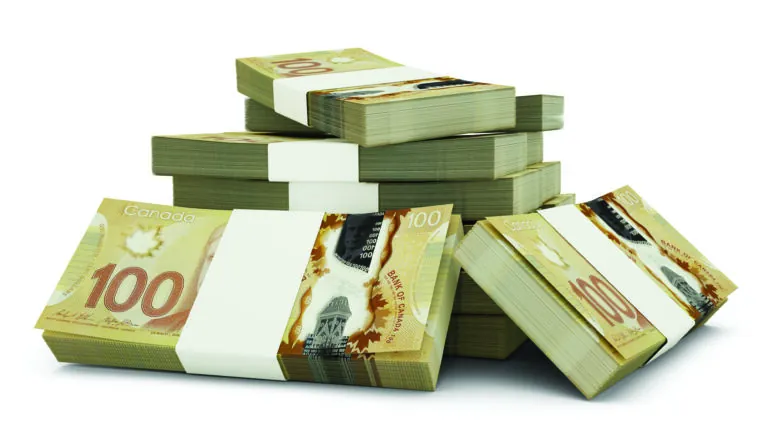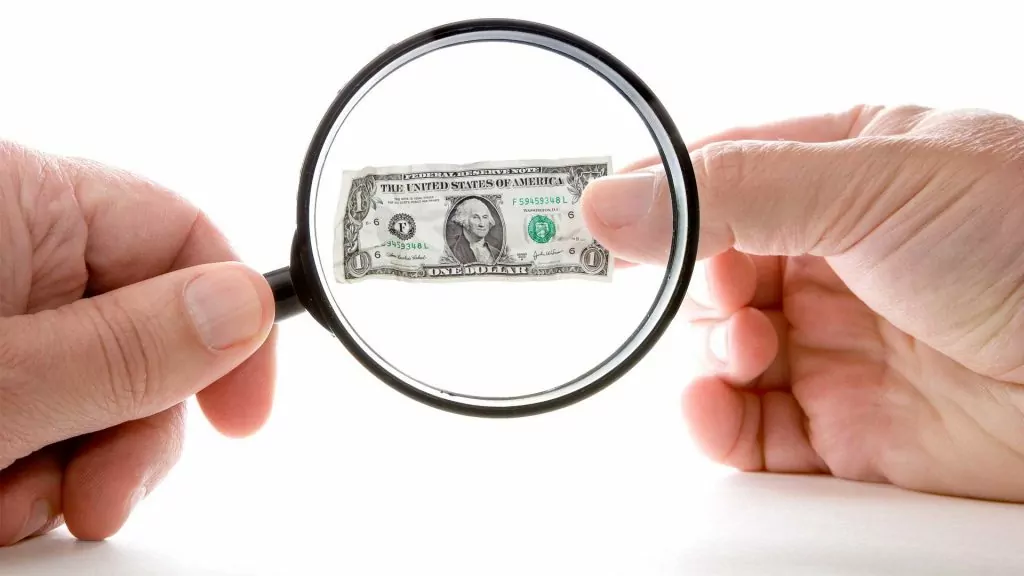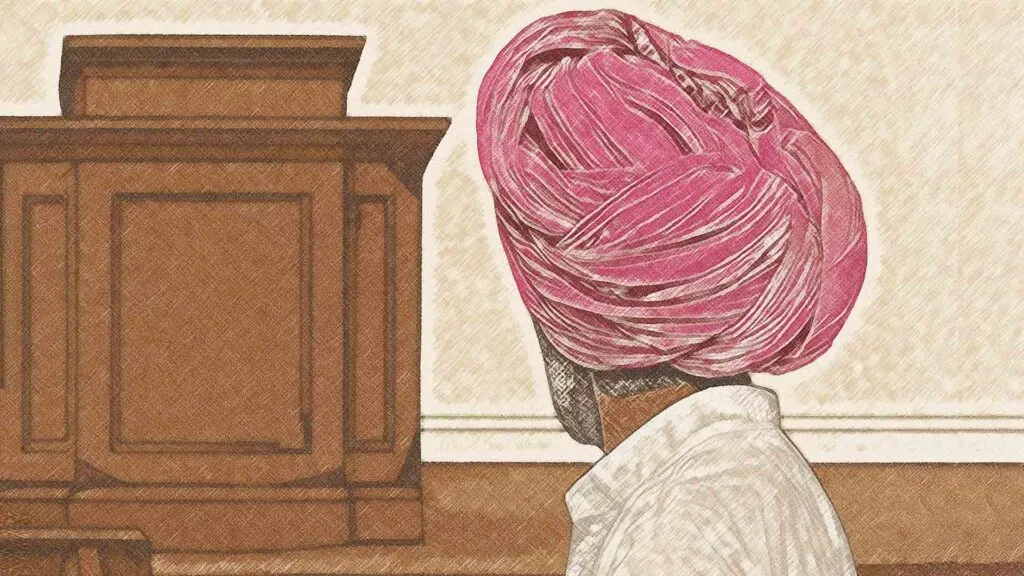Each year the Fraser Institute observes a “Tax Freedom Day” – this year it happened on June 8 – that tracks Canadians’ total tax burden when you add up all the municipal, provincial, and federal tax burdens. Across the country, the average Canadian spent up until June 8 earning money to cover their taxes, and it was only June 9 going forward that what they earned was what they could keep. So Canadians need to work nearly half the year just to pay our taxes. The average Canadian family with two or more individuals (i.e., this isn’t tracking individuals living on their own) is said to earn $158,533 a year, and pay $68,266 in taxes, or 43% of their income.
This Tax Freedom Day differs from province to province, depending on their tax burden. In Manitoba, it arrives May 17 (37.5% of their income), the very earliest date in Canada, with the latest occurring in Quebec, on June 21 (47%).
Do those figures strike you as higher than expected?
They did to me, so I dug a bit deeper. The biggest tax we’re all hit with is income tax, but it is far from the only one. The government taxes us all sorts of niggling ways, which has the result of hiding from us the cumulative total. Just consider all the different ways you get taxed when you earn a dollar. The amounts below are based on the Fraser Institute’s purported $158,533 average family income.
- Payroll taxes: $16,199 – Before you even get your cheque, both you and your employer will have to contribute to the Canada Pension Plan, Employment Insurance, and some provincial Health Taxes.
- Income taxes: $23,100 – The federal and provincial governments each have their own income tax on the money you take home.
- Sales taxes: $10,091 – When you spend any of your remaining income, both the federal government, and all provinces except Alberta (and the territories) will charge you a sales tax.
- Capital gains tax: $6,656 – If you invest your money hoping to make it grow, you’ll be taxed on any gains you make.
- Property taxes: $2,310 – If you used your money to buy property, then every year you’ll be taxed on that too.
- Sin taxes: $2,310 – All taxes make things more expensive, but sin taxes are specifically geared to do so, to discourage consumption. They are placed on alcohol, tobacco, and cannabis. Tariffs and fuel could fall under this category too – both are meant to punish consumption – but the Fraser Institute placed them in other categories below.
- Fuel/vehicle/carbon taxes: $2,267 – There are additional taxes placed on gas, and while the Trudeau carbon tax is now hidden from consumers, it is still applied to industry, which will, of course, have to then pass it on to their consumers.
- Other miscellaneous taxes: $1,136 – These include import duties (i.e., tariffs), amusement taxes, natural resource fees, etc. and etc.
So, that’s how it all adds up. And, to make matters worse, the Fraser Institute figure doesn’t even include what we should call the hidden inflation tax. Over the last 4 years, prices in Canada have risen, cumulatively around 17.5%. If our average Canadian family spent what income remained, that rise in inflation would amount to another $13,000 worth of impact from this “tax” – their $90,267 of remaining income would now have only $77,000 worth of purchasing power, compared to just four years previous. But to a fiscally profligate government that’s piled up a huge debt, inflation can be attractive. It not only deflates the value of the dollar, but deflates the value of the country’s debt too, easing the pressure on the government to curtail their spending. In other words, inflation really is a tax, raising revenue of a sort for the government, at the expense of citizens.
And we’re still not done tallying yet, because our governments are planning on spending more than they even collect, which, if that additional sum had to be paid now, would require another $5,500 from our average Canadian. Instead, our federal and provincial governments are borrowing it to a cumulative projected deficit of $84.9 billion in 2025, saddling future generations with repayment, making this a tax on our children.
Why so many different and even hidden taxes? Well, if everyone knew just how much we’re paying, would we stand for it? The more important point might simply be the enormous amount. God says that where our treasure is, there our hearts will be also (Matt. 6:21), and the amount of treasure we’re investing in our government – half of everything that families make – shows where Canadians’ hearts are turning. We’ve made a god out of government, and that needs to stop (Ex. 20:3). So next election, when the politicians come knocking, we need to demand less from them. And we need to explain why they don’t need nearly so much money, because, after all, God has called on other levels of government, including the Church, families, and even self-government, to fill so many of the roles that our political leaders have tried to take over.












